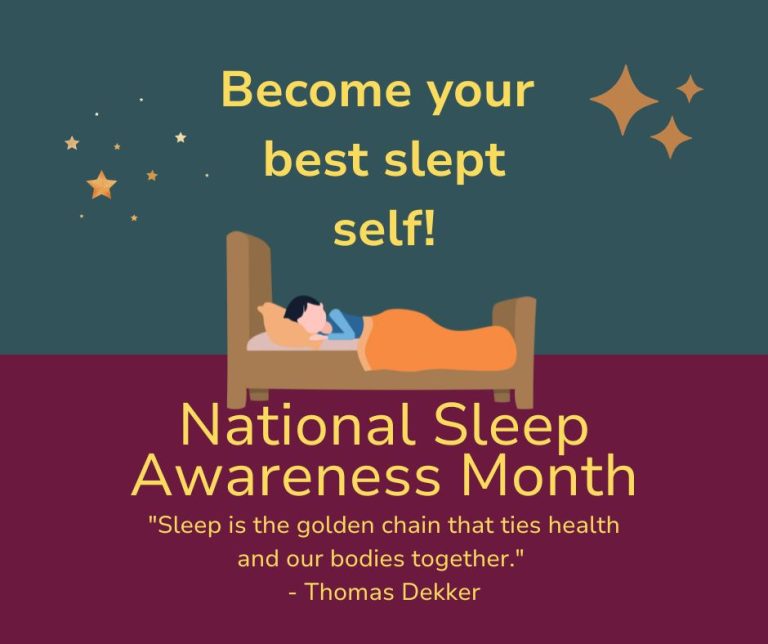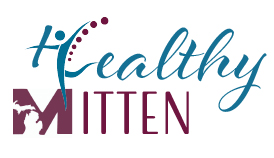
National Sleep Awareness Month
May is National Sleep Awareness Month, a timely reminder of the critical role sleep plays in our overall health and well-being. While many focus on sleep hygiene and lifestyle changes, emerging research suggests that spinal health may also be a key factor in achieving restful sleep.
The Impact of Sleep Deprivation
Sleep is essential for overall health and well-being, yet many people suffer from sleep deprivation without realizing its serious consequences. Lack of sleep affects various bodily functions, including the immune and nervous systems, memory, judgment, attention, patience, and cognitive abilities such as thinking and reading. Sleep deprivation can be especially dangerous for drivers. According to the National Highway Traffic Safety Administration, drowsy driving is responsible for approximately 100,000 vehicle accidents annually, resulting in 1,550 deaths and 71,000 injuries.
Beyond driving, sleep loss can lead to workplace accidents and injuries. Studies have shown that workers experiencing excessive daytime sleepiness are more likely to have workplace accidents, particularly repeated incidents, and take more sick days per accident. Furthermore, insufficient sleep negatively affects learning and problem-solving abilities by impairing attention, alertness, concentration, reasoning, and memory retention.
Additionally, chronic sleep deprivation poses a significant risk to cardiovascular health, increasing susceptibility to life-threatening conditions such as heart disease and high blood pressure.
The Spine's Role in Sleep Regulation
The spine functions as a neurological highway, influencing the body’s autonomic nervous system, which comprises the sympathetic (fight or flight) and parasympathetic (rest and digest) systems. Spinal misalignments may lead to sympathetic dominance, making it difficult for the body to relax and initiate sleep. Chiropractic care aims to correct these misalignments, potentially restoring balance to the nervous system and improving sleep quality.
Chiropractic Care: A Natural Approach to Better Sleep
Chiropractors offer non-pharmaceutical interventions to enhance sleep quality. Adjustments can reduce inflammation and alleviate pain, common barriers to restful sleep. By improving spinal alignment, chiropractic care may help regulate the nervous system, facilitating better sleep patterns.
Innovations like the NEXI pillow, developed by Foot Levelers, exemplify this approach. This custom cervical support pillow is designed to maintain the spine’s natural curve during sleep, reducing nocturnal pain and stiffness, and enhancing sleep quality. When combined with custom orthotics, it offers a dual solution to address spinal alignment and sleep disturbances.
Sleep Hygiene Tips for Enhanced Rest
In addition to chiropractic care, consider these sleep hygiene practices:
- Exercise Regularly: Engage in physical activity during the day to promote nighttime sleepiness.
- Limit Caffeine Intake: Avoid caffeinated beverages in the late afternoon and evening.Psychology Today
- Establish a Consistent Sleep Schedule: Go to bed and wake up at the same times daily, even on weekends.
- Create a Sleep-Conducive Environment: Keep your bedroom cool, dark, and quiet.
- Develop a Relaxing Bedtime Routine: Engage in calming activities such as reading or taking a warm bath before bed.
Special Considerations for Children
Children’s sleep needs vary by age, and establishing healthy sleep habits early is crucial:
- Ages 3–6: Require 11–13 hours of sleep per night.
- Grades 1–5: Need 10–11 hours of sleep per night.
Limiting screen time and maintaining consistent bedtime routines can help children achieve the necessary rest for growth and development.
Improve Your Sleep Hygiene
This National Sleep Awareness Month, consider the multifaceted approaches to improving sleep. From chiropractic care addressing spinal health to practicing good sleep hygiene, multiple strategies can contribute to better rest. Prioritizing sleep is an investment in your overall health, productivity, and quality of life.
